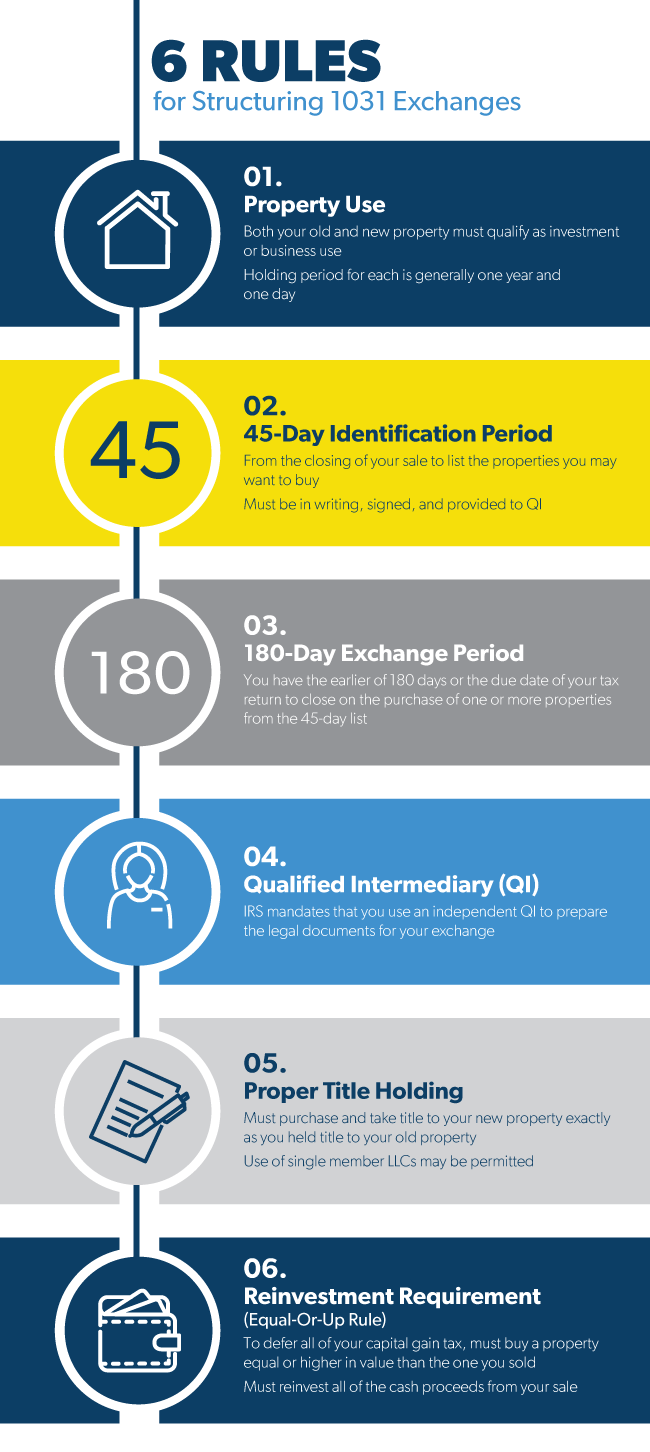
Usually, the real estate investors buy properties for the
purpose of rental income. They want to earn a good amount from the rent. In
that manner, the investors do not want to sell their property. The real estate
investors love to buy properties and love to enjoy its income.
The real estate investors make their portfolio as property
managers and renting out their properties. But, it is sometimes vital for them
to diversify their portfolios. So, in order to make changes in your portfolio,
you have to sell some part of your property. Maybe because you are not earning
much interest from that part or maybe because you can earn a good amount by
selling the property which you cannot earn by the monthly interest. Selling
property can give a good impact on your portfolio. This would be the best
decision you can take maybe. So, always try to do be intellectual in earning.
Do something that would be in your interest whether selling the property or
renting out.
The key is you should know all the strategies and tactics of
selling the property. You can take a bad decision at a bad time. So, the
significant point is you should know the limit, a cutoff point, and the crucial
parts.
In this article, I have mentioned the main four reasons you
should sell the property.
1. Keep in Mind that
You Want to Sell.
The one important point is that you want to sell your
property and you are also planning for it. Zero or less planning can lead your deal to a
big fiasco. Keep patience and make proper adjustments. Any impulsiveness in
making a decision or in the planning phase would be a big mistake. As a real
estate investor, your priorities should be calmness and being a strategic one. Make
the plan first and then try to follow each and every step according to the
plan. When you grasp your plan, there is a very low chance to fall. Every
successful investor starts his journey with full-fledged planning. You can even
change your plan at any phase according to the market research. Always use a
proactive approach and make your self aware with the market real estate trends.
2. The Property Which
Gives You Negative Cash Flow.
When you make the plan, that plan should not be rigid. As I mentioned
above, you should aware of the whole scenario and plan so that you can make
some obvious changes in your plan. Cash flow is a major factor in your life. It
changes with the minor change in your expenses. So, any rental income that gives you negative
cash flow is not for your use. The property that cannot afford your expenses makes
no sense to be yours. When you make strategies, keep in mind the property that
gives you consistent negative cash flow. You should sell that property first.
It is not compulsory to sell it immediately but this would be your priority.

3. Troubled Property.
Is there your any property that is stuck? Is there any property
that is making continuous trouble for you? Any trouble regarding neighborhood,
electricity, flood, non-commercial place, termite or any other issue. Get rid
of that property first. These types of properties can give you a tough time
while renting out. So, the best decision is to sell that property.

4. Planning a New
Investment.
Is it like you are planning something different? Do you want
to do something new? Then, what is the hurdle? It is good to move to become
diversified. What is stopping you? The investment? No more hitches. You can
invest in your new business by selling your property. Yes, for the betterment
of future you have to sell your property. Your property is here to hold you,
even you want to invest in any new business or you need some money for any
crisis. You can sell it.




